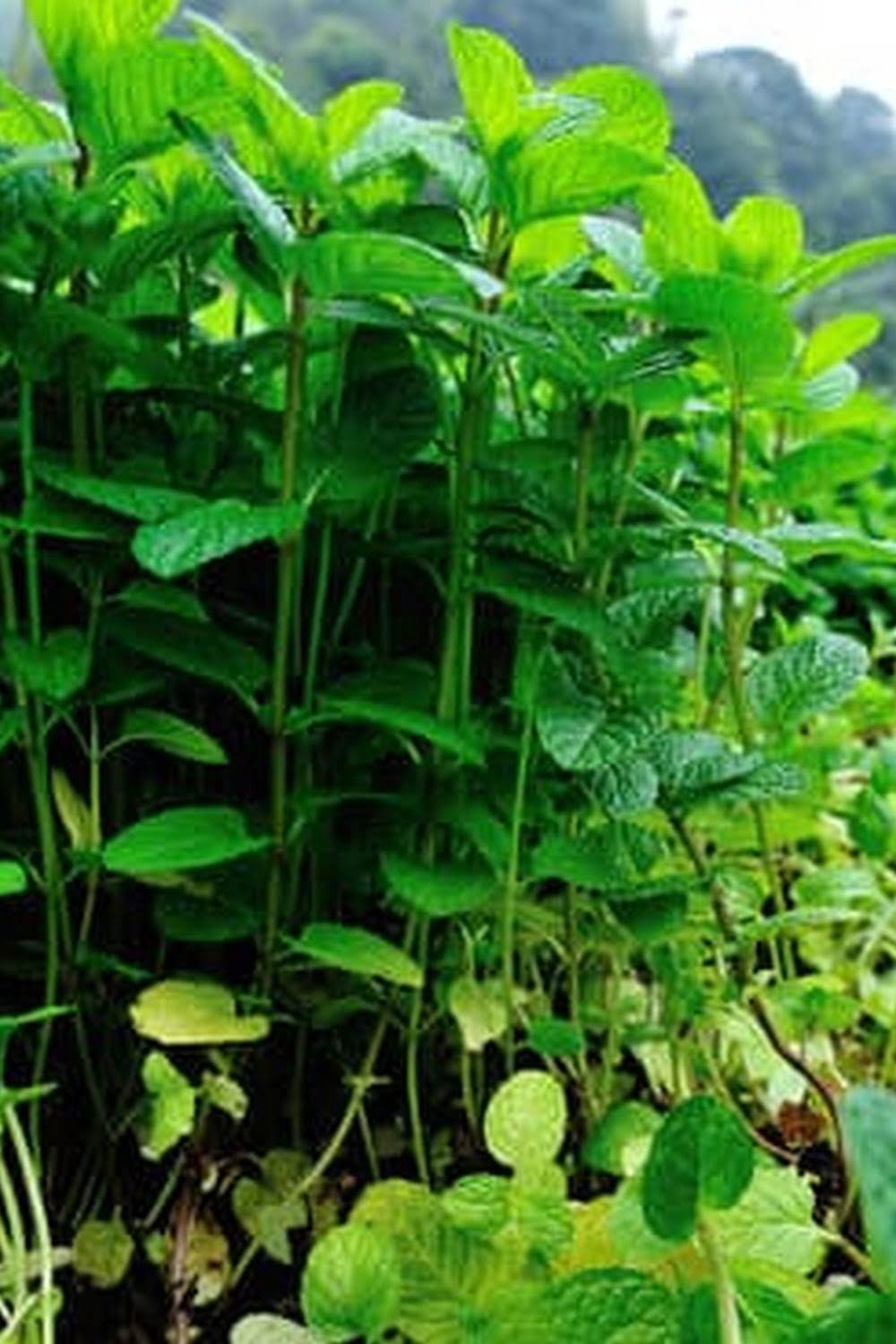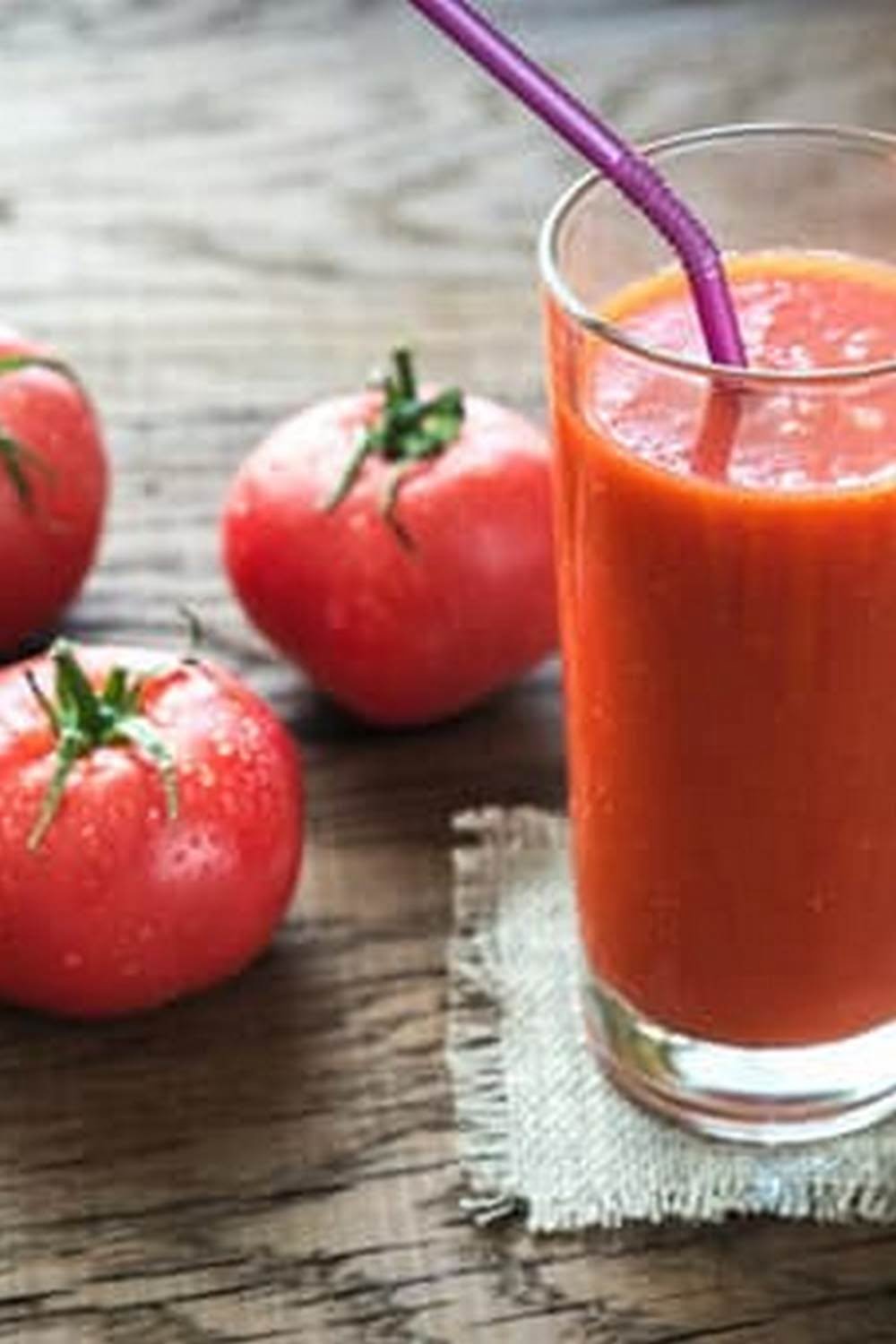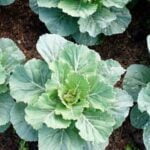Introduction
Berseem clover is a type of crop native to Egypt and Sudan that dates back as far as 4,000 BC. It was one of the first domesticated crops known in history, which was grown along with wheat, barley, and flax. Berseem clover has been used traditionally for animal feed, however it has recently become popular for cover cropping operations in many parts of the world. It grows quickly, can survive in environments with low fertility and temperatures, suppresses weeds efficiently and improves disease tolerance.
Benefits – Explain Benefits of Berseem Clover As A Cover Crop
Berseem clover has multiple advantages as a cover crop for vegetable gardens. It reduces soil compaction caused by machinery or heavy rainfall; its deep root system brings water and nutrients from deeper layers to the topsoil; it helps improve moisture retention in soils; its nitrogen-fixing ability supplies N-fertilizer to vegetable plants; its fast growth effectively suppresses weeds; it helps increase organic matter content in soil due to large amounts of above-ground biomass production; it attracts beneficial insects like honeybees and butterflies which contribute pollination; finally, because of its high digestibility value animals like goats and sheep also love to feed on berseem clover so they double up as important food source for domestic use too!
Climate Conditions
Berseem clover (Trifolium alexandrinum) is a great addition to the vegetable garden as a cover crop. It produces leaves that are highly nutritious, making it an excellent choice for adding nitrogen and other nutrients back into the soil when tilled into the ground at the end of the planting season. Berseem clover grows best and reaches its maximum potential when it’s grown in mesic climates and deep, well-drained soils that are slightly alkaline or neutral in pH. Sandy loam and clay soils also work well; while heavier, more dense clay soils can cause problems with water retention and root growth. For optimal growth, berseem clover needs consistent watering throughout the year; however, be sure not to overwater or keep soil overly damp as this can lead to root rot or disease.
Best Methods
Berseem clover is an excellent cover crop for vegetable gardens. It has nitrogen-producing properties, prevents weed growth and soil erosion, improves water infiltration and retention in the soil, and enhances soil fertility by adding organic matter back into the soil.
When planting berseem clover as a cover crop for your vegetable garden, here are some best practices to follow:
• Plant berseem clover seeds about two weeks before you intend to plant other vegetables in your garden. This will give the cover crop enough time to sprout and become established before other plants take up resources from the surrounding soil.
• Composting is also recommended with berseem clover. After harvest season is complete, plow or till under the remaining berseem clover plants if still present. Then allow them to break down in the compost pile over time before reworking it back into the vegetable garden beds.
• Amend poor soils using biochar or organic fertilizer when planting berseem clover as a cover crop. Biochar can help improve nutrient availability while organic fertilizer can add nitrates back into the soil which will be taken up by future planted vegetables. These amendments should be applied at least once every year prior to planting seed or transplanting vegetation into beds with cover crops already in place.
• Mulching around existing berseem clover can help reduce weed competition and conserve moisture in soils that are prone to drying out quickly. Such mulches might include sawdust, grass clipping, peat moss, or shredded leaves – all of which can help promote healthy growth of cover crops in a vegetable garden setting.
Nutritive Qualities
Berseem clover is an excellent cover crop for any vegetable garden and offers many positive nutritive qualities, making it a beneficial choice of fodder to feed animals. Berseem clover contains high levels of nitrogen, phosphorus, sulfur and potassium which are all essential macronutrients for animal health. It also contains relatively low levels of calcium and phosphorous making it optimal for ruminants such as cattle and sheep that have difficulty absorbing the minerals in higher concentrations. Its digestible fiber content is exceptionally high providing a nutrient-rich, non-starch energy source for all livestock. In addition, Berseem clover is rich in vitamins A & B, making it prime nutrition for growing animals as well as poultry and swine species requiring more protein in their diets. Furthermore, its sweet taste makes it desirable to most livestock, which encourages more eating.
Benefits
Berseem clover has a number of benefits when planted as cover crop for vegetable gardens. It is known for its nitrogen fixing properties, which can result in healthier soil and plants. The clover also works to break up compacted soils and actively prevents erosion, helping the soil remain loose and light for better water absorption in the garden. Berseem clover also adds organic matter to the soil as it decomposes which encourages beneficial organisms like earthworms, arthropods, fungi, and bacteria that improve nutrient availability. Its deep, fibrous roots help loosen tight soils too. Furthermore, berseem clover has allelopathic qualities that make it difficult for weeds to grow while allowing your other produce breaths freely with plenty of room to thrive. Additionally, since berseem clover grows so quickly and covers the ground quickly it helps regulate temperatures in the garden both day and night; protecting surrounding plants from extreme heat or cold shifts in the environment.
Tips
When using Berseem Clover as a cover crop for vegetable gardens, it is essential to consider the soil and irrigation strategies. A good way to start is by testing the soil quality at least once a year and supplementing with amendments such as compost or lime if needed to improve fertility and structure. Berseem clover prefers soil that is moist but well-drained, so careful monitoring of the moisture level through frequent waterings is also important. Additionally, mulching around the clover can help conserve moisture and limit weed growth. Properly timed irrigation cycles are not only critical for keeping the plants healthy, but also for preserving an efficient water use pattern throughout the season. Similarly, monitoring pH levels is important for determining if fertilizers with certain pH effects need to be added during growth cycles. Overall, these practices will ensure proper nutrition absorption and optimal conditions for various vegetables planted in the garden after the cover crop has been harvested.
Possible Risks
Berseem clover is a great cover crop to use in vegetable gardens because it can fix nitrogen into the soil, improve water retention, and suppress weeds from competing with the cash crops. However, there are some risks associated with growing Berseem clover. One of the primary challenges is that it has the ability to add too much nitrogen into the soil. Too much nitrogen can reduce microorganism activity in the soil and disturb beneficial microbial activity – adversely impacting crop production negatively. To prevent adding too much nitrogen, growers should make sure to properly manage how their Berseem clover is incorporated into their garden by limiting how many kilograms of fresh forage or biomass is added at one time per hectare. Growers should also carefully select berseem clover seed varieties that have been bred to limit nitrogen content and growth habit as needed.
Conclusion
Berseem clover can be an excellent choice for a cover crop for vegetable gardens. It is fast-growing, easy to established and offers many benefits, especially in areas where soil quality may be inadequate. It has a dense crown of foliage that helps protect the soil from erosion and compaction; it gives nitrogen fixation from the atmosphere which increases organic matter and adds nutrients to the soil; its deep roots help with drought tolerance and water infiltration; and it acts as a weed suppressant due to its aggressive growth habit. Additionally, berseem clover provides supplemental forage for grazing animals or fodder for livestock. All of these factors combine to make berseem clover an ideal choice for vegetable gardens, allowing gardeners to grow vegetables more efficiently while helping improve their soil.

If you’re looking to get into vegetable gardening, or are just looking for some tips on how to make your current garden better, then you’ve come to the right place! My name is Ethel and I have been gardening for years. In this blog, I’m going to share with you some of my best tips on how to create a successful vegetable garden.





